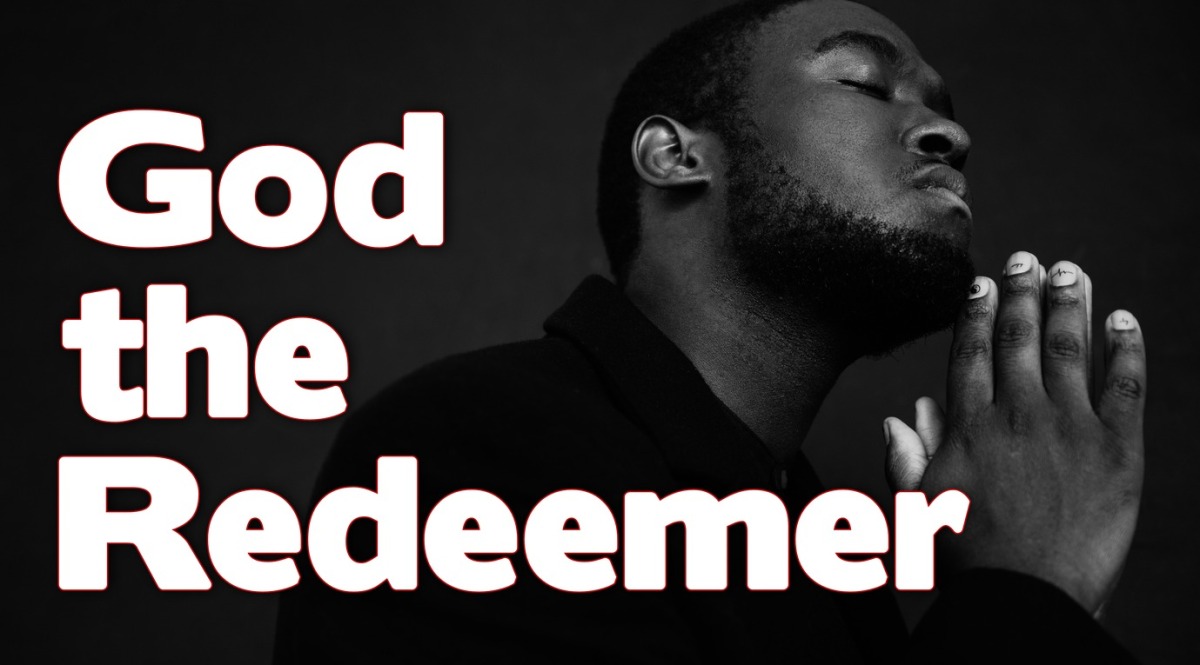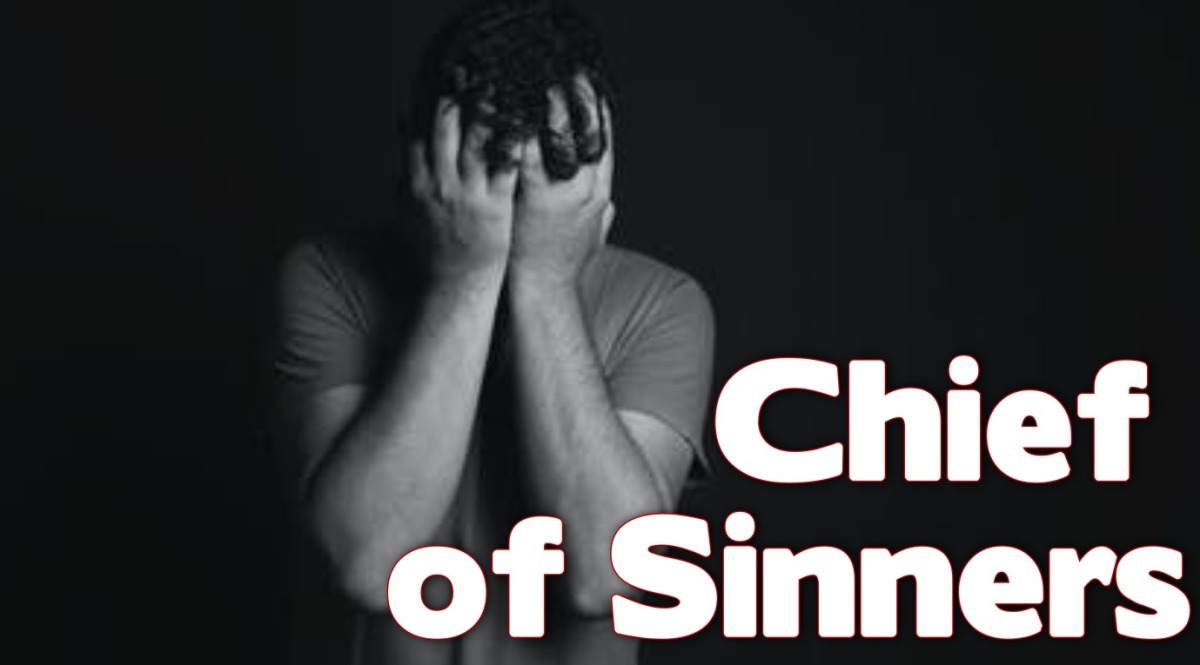Today’s reading is Psalm 65.
Happy Thanksgiving! Are you convinced yet this is one of the best psalms we could be reading this week?
Why are we eating today? Because God has created a world that produces food for us. Because God gives the rain. Because God provides the bounty. The rain falls, the grain grows, the herds flourish because of God’s foreseeing care and guardianship.
In Deuteronomy 11:8-17, God provides Israel a promise and a warning. When they entered the Promised Land, He would no longer give them manna every day. However, though the manna ceased, He was no less the provider for them every day. He sent the rain watering the crops and allowing the herds to be fed. Israel would eat not because of their great work (though they did have to work the land). They would eat because of God’s provision.
The warning, of course, is if Israel forgot the source of their provision, He would stop. If they went after foreign gods, He would drive them off of His land into the land of those gods to see how Israel would fare. If they decided to dismiss God’s law, He would cease the rain and the provision. All of this explains why man doesn’t live by bread alone but by every word proceeding from God’s mouth.
God is worthy of praise and thanksgiving. He is the Creator, the Redeemer, and every day He is the Provider. Let us not forget it. Rather, let us be thankful.
For what do you thank God today?
Tomorrow’s reading is Psalm 65.
PODCAST!!!
PATHS:
Discuss Today’s Meditation with Your Family
How does Psalm 65 prompt or improve your hope in God?










